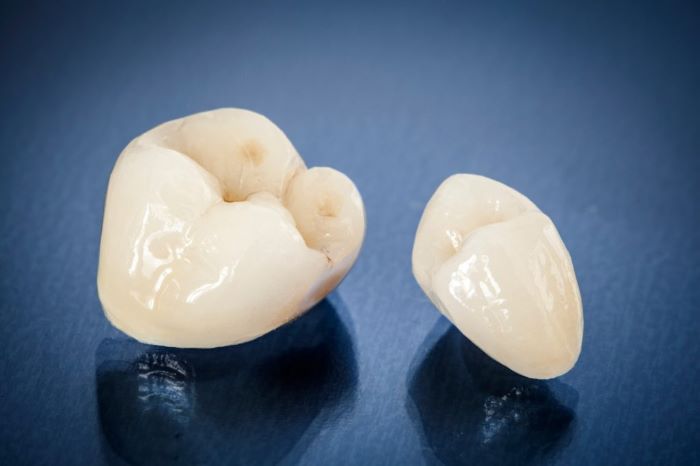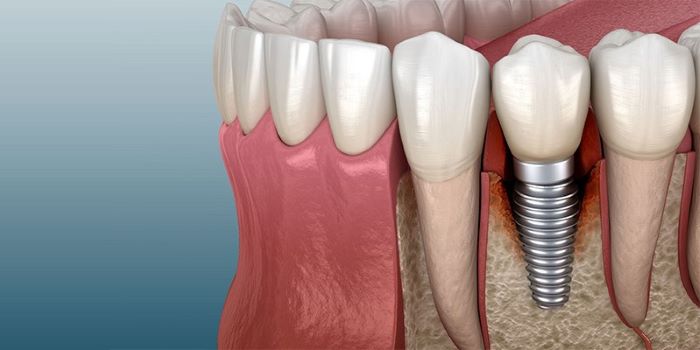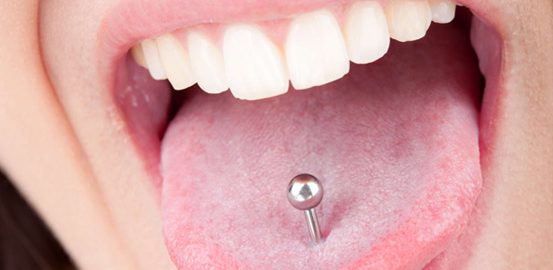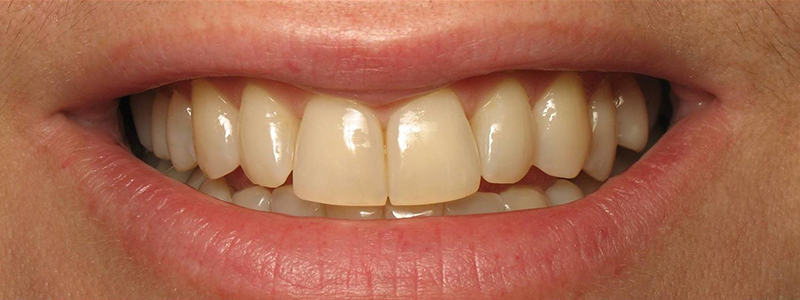Temporomandibular joint (TMJ) disorders can cause discomfort and affect your daily life. Understanding the causes and available treatment options is crucial for finding relief and restoring optimal jaw function.
Understanding TMJ Disorders:
TMJ disorders can result from a variety of factors, including:
- Bruxism (teeth grinding): Persistent grinding or clenching of the teeth can strain the TMJ.
- Jaw injuries: Trauma to the jaw, whether from an accident or other impact, can contribute to TMJ issues.
- Arthritis: Inflammatory joint disorders like arthritis can affect the TMJ.
- Misalignment: An improper bite or jaw alignment can strain the TMJ over time.
Treatment Options for TMJ Disorders
- Lifestyle Modifications:
- Stress Management: Stress can exacerbate TMJ symptoms. Techniques like yoga, meditation, or counseling may help manage stress.
- Dietary Adjustments: Choosing softer foods and avoiding excessive chewing can ease TMJ discomfort.
- Orthodontic Intervention:
- Correcting misalignments through orthodontic treatments can alleviate TMJ strain. Invisalign or traditional braces may be recommended.
- Oral Appliances:
- Dentists often prescribe custom oral appliances, such as splints or mouthguards, to reduce the impact of bruxism and provide relief to the TMJ.
- Medications:
- Nonsteroidal anti-inflammatory drugs (NSAIDs) or muscle relaxants may be recommended to alleviate pain and reduce inflammation.
- Physical Therapy:
- Jaw exercises and physical therapy can help improve jaw function, strengthen surrounding muscles, and reduce TMJ-related discomfort.
- Injections:
- In some cases, corticosteroid injections directly into the TMJ can provide anti-inflammatory benefits and relieve pain.
- Surgical Options:
- For severe cases, surgical intervention might be considered. Procedures could include arthrocentesis, arthroscopy, or, in rare cases, open-joint surgery.
If you suspect you have a TMJ disorder or are experiencing related symptoms, seeking professional dental guidance is crucial. A thorough examination by a dentist or oral health specialist can determine the underlying causes and guide you towards an appropriate treatment plan.
By addressing these issues early on, you can find relief from discomfort and restore the joy of pain-free jaw movement. Trust Dr. Nikita Agarwal and the expert team at Studio Dentale to provide the care and solutions you need for a healthier, more comfortable jaw!














